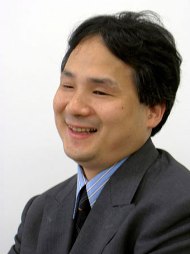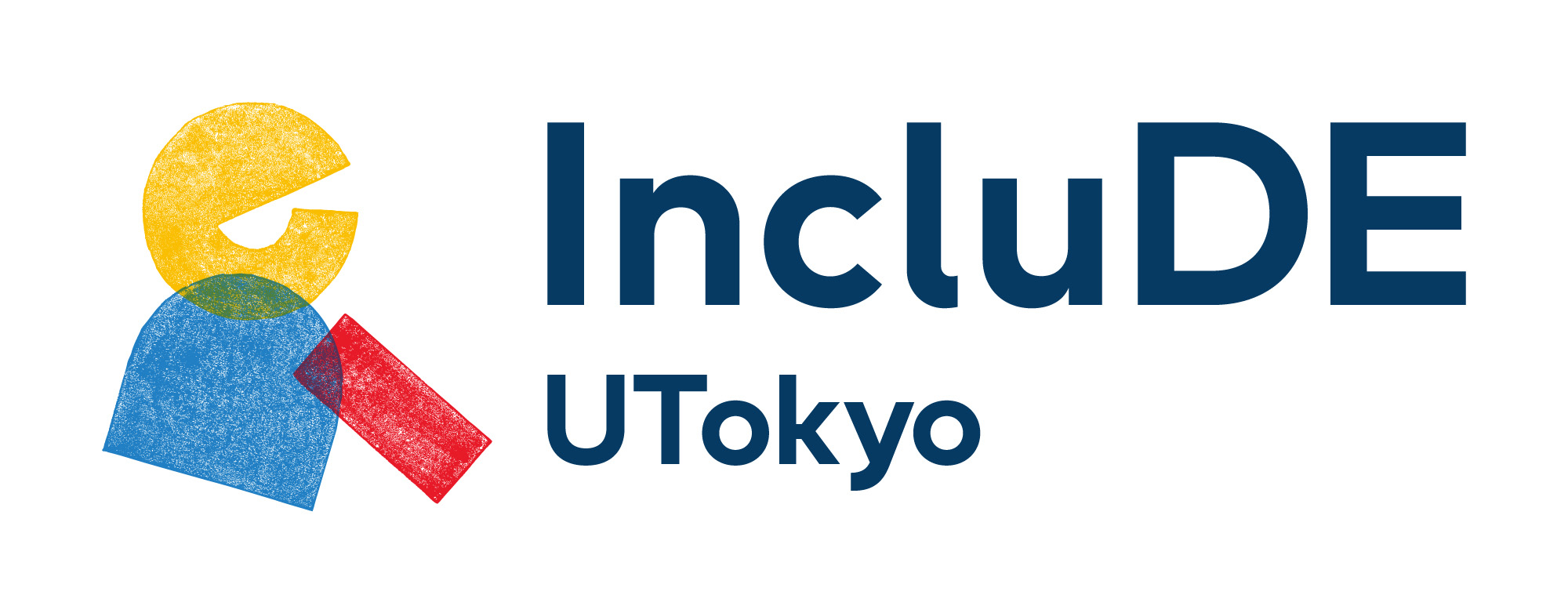To students with disability taking university entrance exams
Satoshi Fukushima,Project Professor, Interdisciplinary Barrier-Free Study,
University of Tokyo Research Center for Advanced Science and Technology

What does studying to enter university really mean to students with disabilities? Does it mean a university is a “MUST” requirement or an important process needed to experience for going out into the world? Or is it for “overcoming” your disabilities?
I think that the university is where you can acquire the “capabilities” needed to live in modern society and to cultivate your own life. Acquiring such “capabilities” is even more worthwhile for individuals with disabilities compelled to live with many restrictions in daily life. University is, I think, also a springboard from which to take charge of your life and take a great jump forward.
Let me say something about my own experience. On a summer evening in 1981, when I was 18, my father was saying to me, “Don’t push yourself so hard trying to get into university. Why not relax and take it easy at home for a while, doing whatever you like? Haven’t you’ve already suffered enough?”
I lost my vision when I was 9 years old, then I lost my hearing at the beginning of 1981. In this respect, I became like Helen Keller – deaf and blind.
I could not hear what my father was saying, so my mother was translating using “finger Braille” – communication that uses combinations of Braille dots conveyed using taps of the finger.
As a third-year student at a blind senior high school in Tokyo, I was discussing career options with my father at home in Kobe for summer vacation.
“I don’t like that. I want a purpose in my life. I’m different from a pig, you know!” I hissed back.
Rather than a safe refuge or a guaranteed future of ease, I wanted to choose my path which, however uncertain, was still challenging. In the 28 years since then, my path may have been thorny and full of twists and turns, but it has invariably given me reasons to go on.
So what do you think about your own disability? Having an impairment can be tough and often painful, but I think, deep inside, you also gain a positive outlook. It entirely depends on your own perspective, of course.
Why, for example, don’t we think that those of us with disabilities have been given an chance to uniquely experience things and deal more seriously with subjects such as learning, living, being happy, being with others, and loving? It means that we have a unique chance to acquire a reflective way of thinking – not ideologically but through experiencing difficulties in everyday living.
This perspective enhances our meaning as persons with disabilities going to universities. Are we studying at university just to get a certain position or income in society as is? This can, of course, also be an important objective. In addition to that, however, let’s set an objective to picture and create a new image of our future society through our experience as individuals with disabilities and through our studies, plans, and efforts based on these experiences.
Please come to the University of Tokyo, everybody. Let’s study together to improve ourselves while contributing to our future!
For Prospective Students (University of Tokyo)
Accommodations for university entrance examinations and types of support available for students with disabilities; see FAQ





